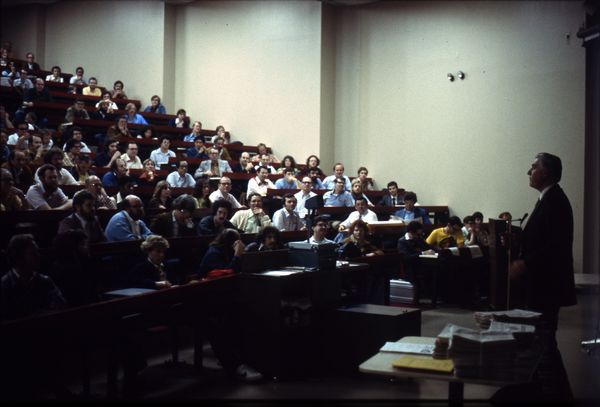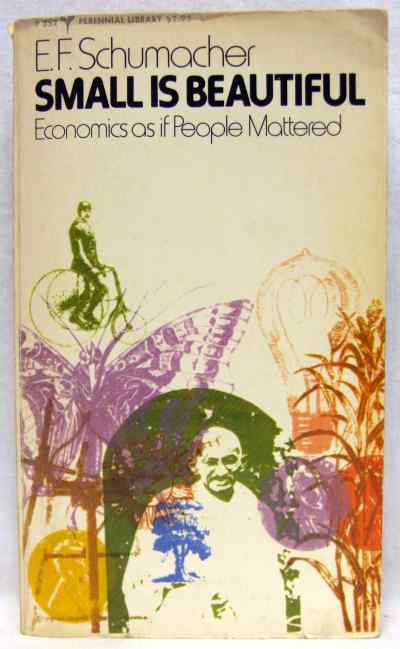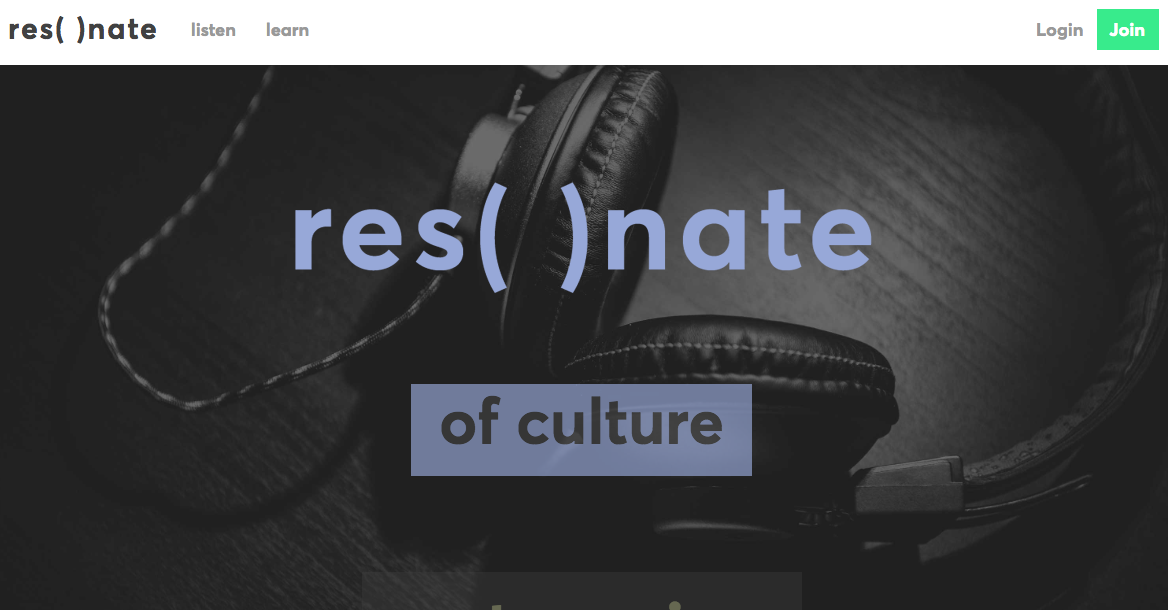
We live in a strange world. On one hand, it is easier then ever to access whatever you need to fulfil your dreams. Whether you want to open a company, to find similar minded friends, to gather knowledge, the internet and the mobile revolution does seem to give us all the opportunity to reach out and “follow your bliss” with costs close to zero. More and more of us venture into self employment, opening their own businesses, with the help of innumerable platforms. Statistics confirm this trend. For example, in the UK, the rapid growth of self-employment has been a pronounced feature of the UK labour market in recent years. The number of self-employed increased from 3.3 million people (12.0% of the labour force) in 2001 to 4.8 million (15.1% of the labour force) in 2017.
As millions begin setting up their own small businesses, willingly moving into self-employment they tap into into the bitter sweet pleasures of a new source of power, the power to creatively run and develop your passions, transforming them into a business, where you are not dependent of someone bossing you around.
On the other hand, we all risk feeling overwhelmed with the possibilities. We live now in a world with many attractions, so many businesses offering all kinds of services. How will our business thrive and become successful enough for allowing us to pay the bills ? Are we living in a world which is becoming increasingly centralised, dispersed… or distributed ?
Moving into the distributed world of small power
I would say we live in a world mixing centralization, the one of big corporations/platforms with dispersion. The ideal would be to move into a more distributed world, the world of small power.
Technology, certainly helped us all, in recent decades, by allowing us the resources to venture into that experience. It’s been easier then ever to brand your company, communicate, open a shop online. But there is still strong polarization in the world we live in. Precisely the companies that helped us implementing our small businesses, are centralized, and fabricating, due to its twisted mechanisms of accumulation of capital inherited from the past, the latest billionaires, making it to Forbes lists… The money machine is now so fast and swift, that the ones who know the tricks best, and have the impulse to do it, are able to make fortunes in a glimpse of a second … Why is this happening ?
The internet began with promises of freedom and democratization, embodied in what was happening in small garage companies. Some of these companies, ended up becoming a small number of giant, corporately run, proprietary systems and networks that have come to dominate the scene. Take the case of Google, Facebook and Amazon. Irony of ironies, the world we have today began in places like the Homebrew computer club meeting in 1970s in San Francisco. The goal of that group of radical students was to destroy IBM. Driven by a distaste of big corporations, they wanted to create a different type of computer and technology which was at human scale. It started the personal computer. Steve Jobs, Steve Wozniak, invented Apple, the first usable and affordable pc. The irony, is that another big corporation was made, Apple, and later on Google, Facebook.

Google accounts for 65 per cent of all search in the US, and 80 per cent in Europe. As of the third quarter of 2016, Facebook had 1.79 billion monthly active users. Amazon now reaches almost half of all US households. Evidently, these companies have delivered extraordinary benefits to their users. Yet they represent an unprecedented concentration of power in very few hands, which is a paradox from the ideals and ways the all story started.
It is a strange world, this one, where the small and the extremely big coexist now, in a balance which is not so healthy.
Could we move into a web of small businesses preparing us to a new world which holds a new kind of power which is less hierarchical ? In the book “Small is Powerful“, author Adam Lent weaves an argument for a world where ownership, power and resources are distributed on a smaller scale, in a way that is better for everyone. He explores the roots of the ‘small revolution’ in the 1970s, mentions Schumacher, and writes about what has changed in terms of power over the past 2 centuries.
Is the new distributed technology of blockchain, the missing block that might structure our world into a distributed network of small businesses, where power is exercised by millions, instead of the elites?
The small revolution has been going on since the 1970s, when people’s values began to shift. Until a few decades after the second world war, in the Anglo Saxon world and Northern Europe, people’s main concerns were survival. But as prosperity improved the life style of many, people began allocating importance in things like creativity, self expression, healing … Media big corporations, enabled that shift on a global scale, as these platform connect people immediately and enable them to socialise, to express themselves, to show their creativity. But we live, paradoxically in a more unequal world… where a small handful of corporations control more money then ever. We now live this strange contradiction, that more people want to have more power in their lives and in a certain way they achieved that power. They launch small businesses and are able to gather information and express themselves. But we are, overall, becoming poorer.
If corporations also served a certain purpose, they were the ones which enabled the network effect that allows us to be so fully connected on a global scale, now it’s time to take a step towards the small power. The issue that needs to be sorted out, is the distribution of the wealth made by such corporations (which is not so much the wealth resulting from profit, but the one of investment and valuation, created by schemes inherited from the past), that traditionally, needs to go back to the investors…. There is a call for strong regulation from the state to keep corporations under control, and for the redistribution of the wealth accumulated by some of those corporations, that results from the data of all of us.
How can we do to support smaller organisations, smaller groups, SMEs in order to challenge the big ?
Regardless of its ups and downs, there is a subtle level of experience, connected with running a small business and/or becoming self employed. It is maybe the task one needs to do, to have an embodied experience of the power of dealing with money! When you become your own boss, you learn more about the economy, and that knowledge, becomes embodied.
Small is Beautiful
Schumacher, the famous economist that wrote the book “Small Is Beautiful: A Study of Economics as if People Mattered” in the seventies, argued that small scale technology, needed to be created to challenge the way corporations and governments, had created large scale technology. He thought that this technology would happen in the developing world. It actually happened, in California and other advanced economies. Fast forward to 2018, new technologies are now being developed in all kinds of new areas, and corners of the world. 3 D printing, blockchain , and new types of manufacturing… The internet of things, is also a big thing that will revolutionise the world, particularly in terms of energy, giving people more control around the energy they consume and produce.

Blockchain, the distributed software developed around bitcoin, has been said of having enormous potential to transform and accelerate peer to peer relations online, and enable a new way to develop a business.
Ideally, a blockchain platform could for example generate profits that would be shared among the members of the platform, in a scheme similar to a cooperative. Blockchain could record each member’s contribution to the platform through a smart contract, and compensate the person accordingly. The project Resonate, is a blockchain-based rewards platform for musicians to monetize their music.
Just like the internet and social media transformed per to peer relations, new systems of investment such as crowdfunding, ICOs and blockchain could be the next step concerning money, as it could allow people to trust each other even more. The sector is creatively is happening in the sector, with people reinventing Unfortunately, blockchain is attracting all kinds of people, including the ones that hold a strong ambition which is not fuelled by the right type of values. In the blockchain industry, scams and bad actors are so prevalent that it’s been nicknamed “the Wild West” which is again an important paradox concerning the values it promotes. What drives some of the entrepreneurs behind blockchain companies is precisely the same usual ambition of becoming the next big corporation surpassing the current giants.

So what technology and who to trust?
Again, the only way forward, is a leap in consciousness and a stronger education. If most of us learn about money and thus gain some financial literacy not only by reading books, but by dealing with money directly, it is possible to promote more equality. Another way, is to join peer to peer groups and think tanks fighting for more regulation and control. The technology gave us the tools to be fully creative, and now, hopefully it will give us the power to know and act more in terms of economics.
That small power, is maybe the only way to face powerful corporations. Maybe blockchain is enabling that transition … or maybe not, the future will see.

Maria Fonseca is the Editor and Infographic Artist for IntelligentHQ. She is also a thought leader writing about social innovation, sharing economy, social business, and the commons. Aside her work for IntelligentHQ, Maria Fonseca is a visual artist and filmmaker that has exhibited widely in international events such as Manifesta 5, Sao Paulo Biennial, Photo Espana, Moderna Museet in Stockholm, Joshibi University and many others. She concluded her PhD on essayistic filmmaking , taken at University of Westminster in London and is preparing her post doc that will explore the links between creativity and the sharing economy.


























